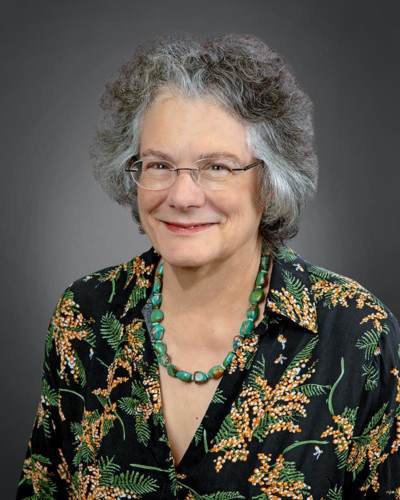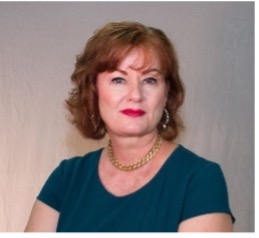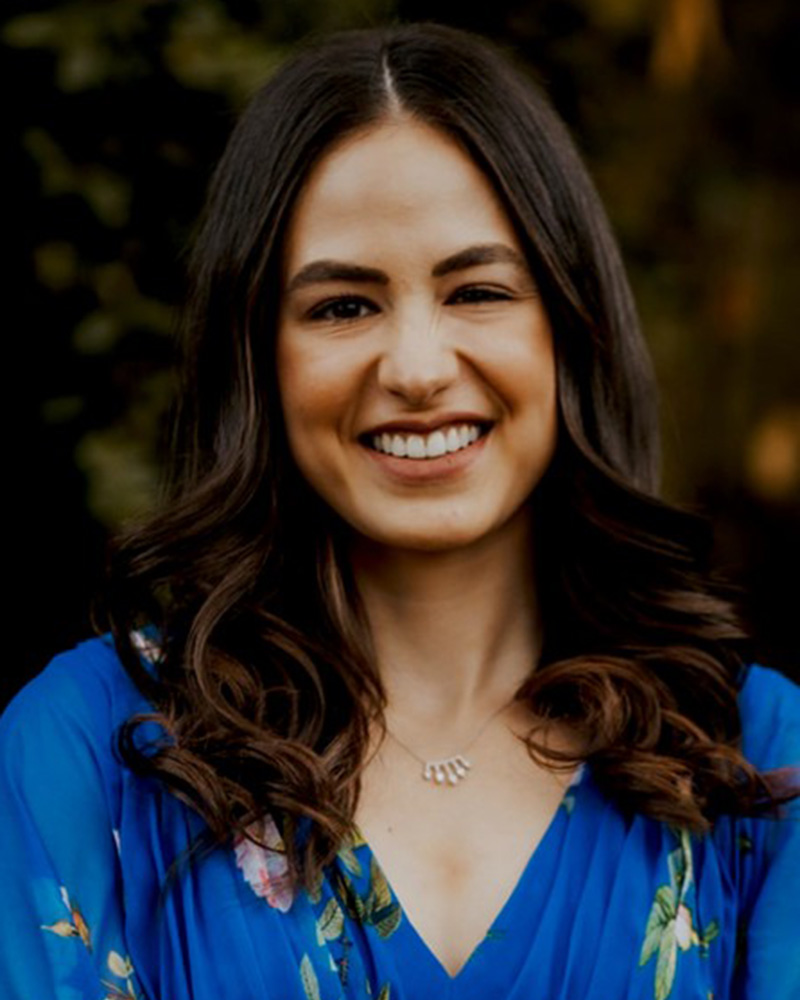Starts in:
In-person Professional Development Courses
All times listed are in MOUNTAIN STANDARD TIME
Friday Courses
Friday, November 1, 2024
JW Marriott Phoenix Desert Ridge
Friday, October 24, 2025, 8:00 AM – 5:00 PM
1. BSL-3 Operations and Management
This course will review the important aspects of BSL-3 Operations and Management from two points of view; “hardware” (i.e., facilities & equipment issues) and “software” (i.e., administrative controls). It will cover various aspects you need to consider in order to operate a BSL-3 facility, such as training, maintenance support, occupational health, waste management, maintenance, performance verification, and emergency response. The instructors will encourage interaction and the exchange of experiences among the attendees. Regulatory aspects from any specific country, or planning, design, or construction-related issues will not be covered.
Objectives:
- Describe the elements of BSL-3 Operations and Management (risk management, primary barriers, annual performance verification, emergency response, etc)
- Recognize institutional, management, and user responsibilities
- Summarize approaches to developing manuals, SOPs, and training
Suggested Background: Basic Risk Assessment and familiarity with BSL-3 Concepts
Target Audience: Safety Professionals, BSL-3 Managers, Containment Engineers, Lab and Scientific Directors
Audience Level: Basic
COURSE FACULTY
CONTACT HOURS
This course has been approved for 1.0 CM points toward RBP/CBSP recertification. ABSA International is approved as a provider of continuing education programs in the clinical laboratory sciences by the ASCLS P.A.C.E.® Program. This course is approved for 7.5 P.A.C.E.® contact hours.
Friday, October 24, 2025, 8:00 AM – 5:00 PM
2. Infectious Substance Shipping Certification
This course is appropriate for those who have some experience with infectious substance handling or shipping but may not have been certified within the past three years. The course utilizes several facilitated learning activities. Attendees have opportunities to mark, label, package and complete documentation for a variety of infectious substances shipments (Category A, Category B, Exempt Patient Specimens). This course would be appropriate for those responsible for packaging, marking, labeling shipments of all categories of infectious substances, dry ice and liquid nitrogen. Attendees have both an online exam (score at least 80%) and practical exercises to complete to demonstrate competency. Successful completion of the course will qualify attendees for IATA/DOT certification.
Objectives:
- Demonstrate competency to meet IATA infectious substance shipping certification requirements
- Restate and demonstrate how to properly package, mark/label, document and prepare shipments of category A and B infectious substances and other non-regulated biological materials
- Paraphrase any regulatory changes over the past several years and apply them to meet regulatory re-training requirements
Suggested Background: None
Target Audience: All Safety Professionals, New Biosafety Professionals, Laboratory Workers
Audience Level: Basic
COURSE FACULTY
CONTACT HOURS
This course has been approved for 1.0 CM points toward RBP/CBSP recertification. ABSA International is approved as a provider of continuing education programs in the clinical laboratory sciences by the ASCLS P.A.C.E.® Program. This course is approved for 7.5 P.A.C.E.® contact hours.
Friday, October 24, 2025, 8:00 AM – 5:00 PM
3. Preparing for and Responding to Laboratory Emergencies – Are you prepared?
Biosafety professionals often provide fundamental training for research and healthcare staff to work safely and respond to potential emergencies involving a wide range of biological hazards. Training employees to proactively identify and take appropriate actions to minimize the likelihood and impact of these types of incidents helps to minimize the development of serious and/or irreversible consequences. This course reviews the process for developing an effective emergency response plan, emphasizing the importance of a comprehensive and well-coordinated training program for laboratory staff, institutional incident response team members, and local first responders (e.g., emergency management services, fire, police, emergency dispatchers) when biological hazards are involved. Specific topics to be addressed include: the basic components of a comprehensive institutional emergency response plan; laboratory-specific contingency plans, emphasizing unique considerations for emergencies that involve biological hazards; staff roles and responsibilities during emergencies; communication strategies and protocols during an emergency event; and training and effective preparedness exercises to ensure a coordinated response effort.
Objectives:
- Review key components of the emergency management cycle as it applies to research institutions and laboratories
- Identify the various roles and responsibilities that are critical to an effective response
- Summarize ways to coordinate and communicate effectively with institutional and local authorities during an emergency
Suggested Background: Biosafety and Biosecurity Training Course (BBTC®), Fundamentals of Biosafety
Target Audience: All Safety Professionals, Laboratory Workers, New Biosafety Professionals
Audience Level: Basic
COURSE FACULTY
CONTACT HOURS
This course has been approved for 1.0 CM points toward RBP/CBSP recertification. ABSA International is approved as a provider of continuing education programs in the clinical laboratory sciences by the ASCLS P.A.C.E.® Program. This course is approved for 7.5 P.A.C.E.® contact hours.
Friday, October 24, 2025, 8:00 AM – 5:00 PM
4. Intersection of Biological Safety and the Clinical Environment
Clinical environments present unique challenges, including fast-paced patient care, exposure to unknown biological agents, and high-risk procedures like autopsies and HAZMAT responses. These settings are regulated by accreditation bodies such as the Joint Commission (TJC), College of American Pathologists (CAP), and the Clinical Laboratory Improvement Amendments (CLIA) for accreditation of their spaces, personnel, work practices, and most importantly safety. At large academic teaching hospitals, the Biological Safety Office often collaborates with groups like Infection Prevention, Hospital Epidemiology, Fire and Life Safety, Engineering and Operations, Clinical Engineering, and Emergency Response to ensure compliance. These challenges require a holistic, risk-assessment based, coordinated response and increasingly the biosafety professional is called upon to play a key role in the clinical environment. This course will provide an overview of various clinical environments—inpatient units, primary and specialty care clinics, and clinical laboratories, including BSL-3—highlighting their specific risks and strategies for effective collaboration with other safety groups to mitigate the risks. This course combines interactive case studies and real-life scenarios to engage adult learners in group exercises focused on clinical risk assessment. Attendees will practice identifying and mitigating risks specific to various clinical environments. Through these exercises, attendees will gain a deeper understanding of the collaborative roles of safety groups and develop the skills needed to lead clinical teams toward a state of readiness and accreditation compliance.
Objectives:
- Describe the various clinical environments and how they differ from a traditional research environment
- Develop a working knowledge of collaborate with the various safety groups within the clinical environment
- Perform risk assessments using case studies to determine appropriate biosafety actions in clinical environments
Suggested Background: Fundamentals of Biosafety, Principles and Practices of Biosafety® (PPB), Risk Assessment
Target Audience: All Safety Professionals, All Biosafety Professionals
Audience Level: Intermediate
COURSE FACULTY
CONTACT HOURS
This course has been approved for 1.0 CM points toward RBP/CBSP recertification. ABSA International is approved as a provider of continuing education programs in the clinical laboratory sciences by the ASCLS P.A.C.E.® Program. This course is approved for 7.5 P.A.C.E.® contact hours.













